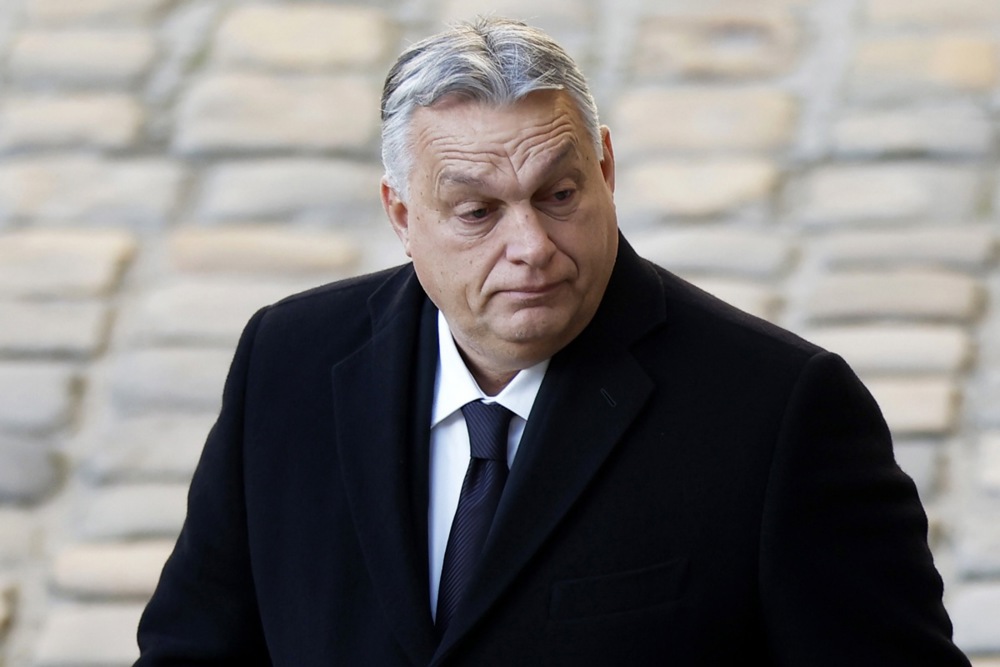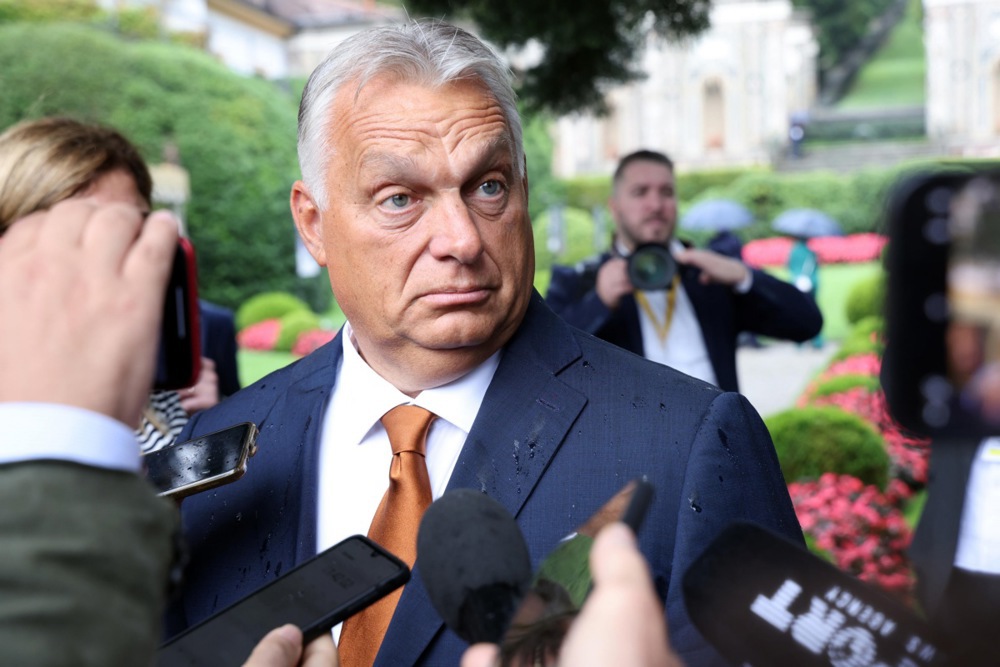Brexit broke the EU’s delicate balance of power and left central European states unable to check the surge towards federalism, Viktor Orban said on October 8.
Prior to Brexit, the UK and allies such as Hungary were strong enough to hold back the transfer of power from national capitals to Brussels. Since the UK left, they have struggled, the Hungarian Prime Minister said.
“Brexit changed everything,” he told press gathered in the European Parliament. Prior to Brexit “Europe was balanced between those who wanted a more centralised, federal European Union on one side, and on the other side countries who wanted… independence”.
He continued: “…and then the British left, and we central Europeans remained here, you know, the only countries who would not like to join the mainstream federalistic approach”.
Since Brexit, conflict within the EU has increased and Hungary finds itself in a “difficult” position.
Hungary is today one of the only EU states opposing new transfers of power to Brussels, a process known as “Treaty Change”.
Among the proposed changes is the elimination of the national veto on foreign policy, meaning Hungary, which has vetoed some EU financial support for Ukraine, would no longer be able to do so. Countries that found themselves in a minority would also be unable to veto sanctions proposed by the European Commission.
On Ukraine, Orban repeated the Budapest position that the war “cannot be won on the battlefield”. There was a need for a ceasefire “as soon as we can”.
EU strategy on Ukraine is “not good” in that communication between warring parties and their supporters is “considered a sin”. The current EU strategy, which he described as “pro-war” or peace “by a longer route” didn’t work.
Orban’s visit to Russian President Vladimir Putin in July was described as “appeasement” by European Commission President Ursula von der Leyen, though Orban said it had achieved its purpose in that the subject of peace negotiations was now back on the table.
The two-hour press conference was interrupted by a protester who flung paper around the room before being manhandled to the ground by bodyguards.
“In Hungarian, when you call someone a bastard that means ‘I don’t agree with you’,” Orban said after the incident.
On the coming US elections, which will take place during the ongoing Hungarian-led EU Presidency, Orban said that he would “open bottles of champagne” if Donald Trump wins.
Trump’s foreign policy was notably different to the foreign policy of the current Biden administration, he said.
“There is no question that there is a significant difference between the foreign policy, approach, philosophy, values, attitudes, of the Democratic administration in office now and the Republican candidate,” he said. Trump’s arrival would “open a new chapter”.
He said he hoped Trump would intervene to end the Ukraine war immediately rather than wait for his inauguration early next year.
EU states should meet quickly after the US election results are known to decide on a common policy, he said.
On migration, Orban predicted his ideas, centred on the extra-EU processing of asylum claims, would be adopted by the rest of the EU.
Hungary was “the first to build fences and stop [illegal] migration” he said. This type of migration “can only be stopped one way: control hotspots outside of EU”.
If so-called illegals successfully entered “they’re never going to leave”. No European government wanted to round up illegals, possibly with violence, and expel them, he said.
Permission to enter the EU should be based in prior authorisation. Others in the EU have called him “an idiot or evil” but “at end of day everyone will agree with me”.





